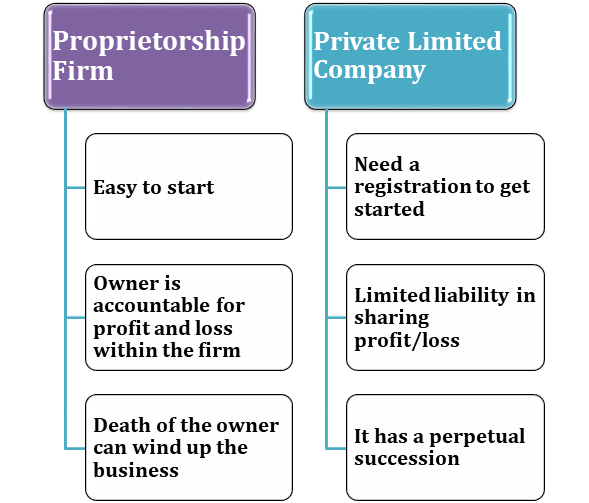Can a private limited company be a proprietor of a firm?
Can a Private Limited Company Be a Proprietor of a Firm? In the world of business, understanding the structure and legalities of different entities is crucial. One common question that arises is, “Can a Private Limited Company be a proprietor of a firm?” To answer this, we first need to clarify the distinctions between… Read More »




